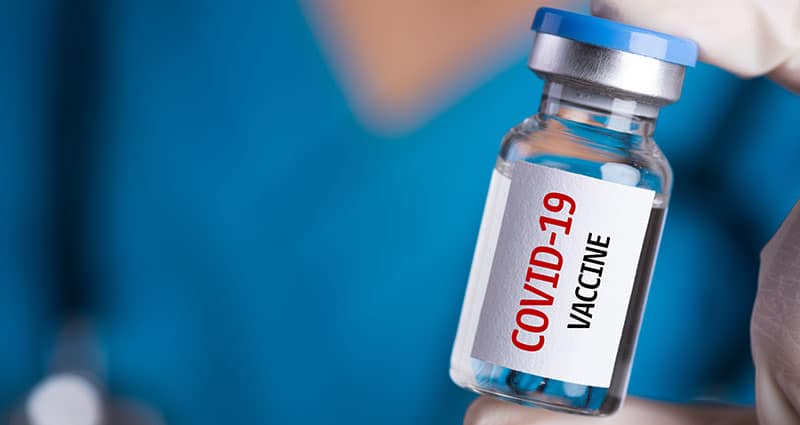It’s a logical question. If you’ve already been sick with COVID-19—or even if you’ve been diagnosed with an asymptomatic case—should you get the COVID-19 vaccine when it’s available?
You’ve probably heard that when you have a virus, such as the novel coronavirus that causes COVID-19, you develop antibodies that build up your immune system and help protect your body from further infection. However, there’s still a lot we don’t know about COVID-19, which is why experts recommend receiving the vaccine even if you’ve had the viral illness.
What to Know About COVID-19 and Antibodies
If you’ve had COVID-19, your body produced what are known as “antibodies,” which are a protein in the blood. These proteins are produced in response to a specific antigen (a toxin) recognized by the body as unfamiliar—in this case, the coronavirus.
In theory, these antibodies can help protect your body from future infection or at least help you experience less severe symptoms associated with COVID-19. Little is known about how antibodies related to a COVID-19 infection work. Some estimates have found that antibodies may linger for up to eight months.
Even if you’re within that eight-month window, though, you may not be fully protected from reinfection. That’s why the Centers for Disease Control and Prevention (CDC) recommends that those who have had COVID-19 still receive the COVID-19 vaccine when it is available to them.
An interesting note: The CDC also says that if you’ve been infected with COVID-19 in the last three months, you can probably wait a bit before getting your vaccine, if others need the vaccine more urgently. Talk with your medical provider about what’s right for you.
The COVID-19 Vaccine vs. Antibody Protection
While we mentioned that having COVID-19 antibodies in your body may help provide some level of immunity, it’s unknown how strong that immunity is and how long it lasts.
The COVID-19 vaccines, on the other hand, have been created to stimulate a specific immune response that protects you from infection. The two vaccines approved by the U.S. Food and Drug Administration (FDA) thus far require two doses, spaced apart by three weeks or one month, and they help teach cells in your body how to produce what’s known as a “spike protein” that boosts your immune system against the coronavirus.




